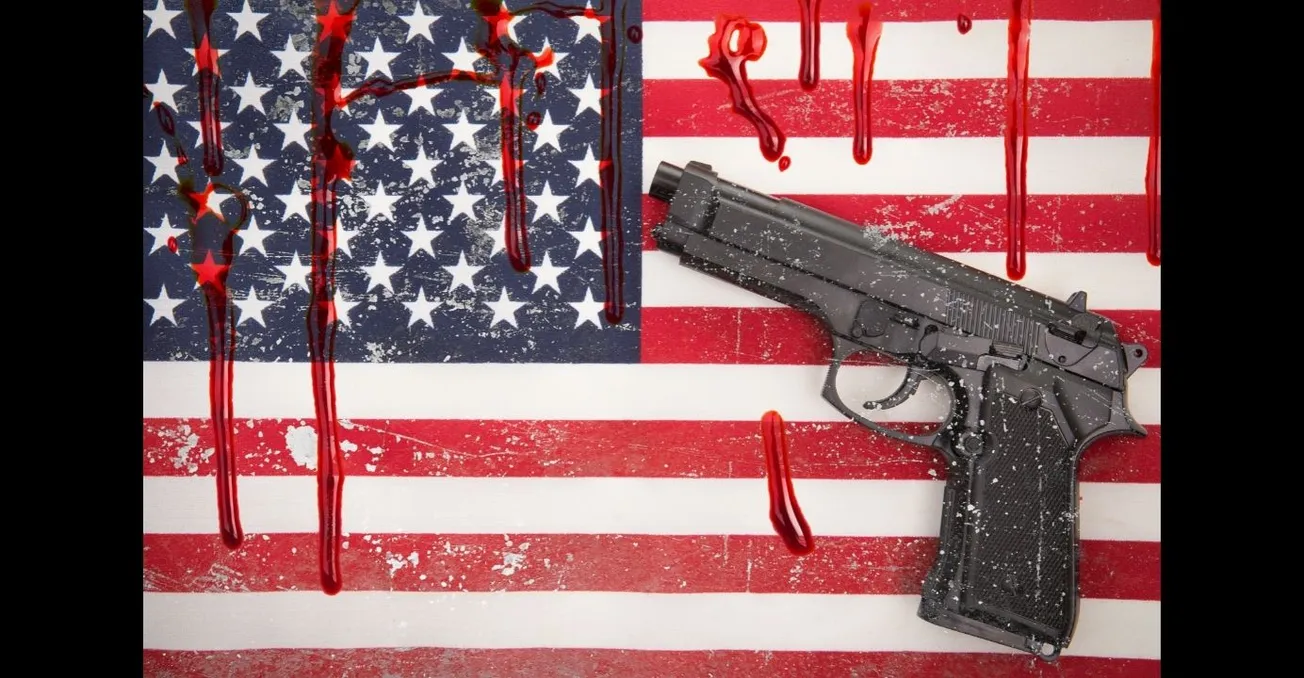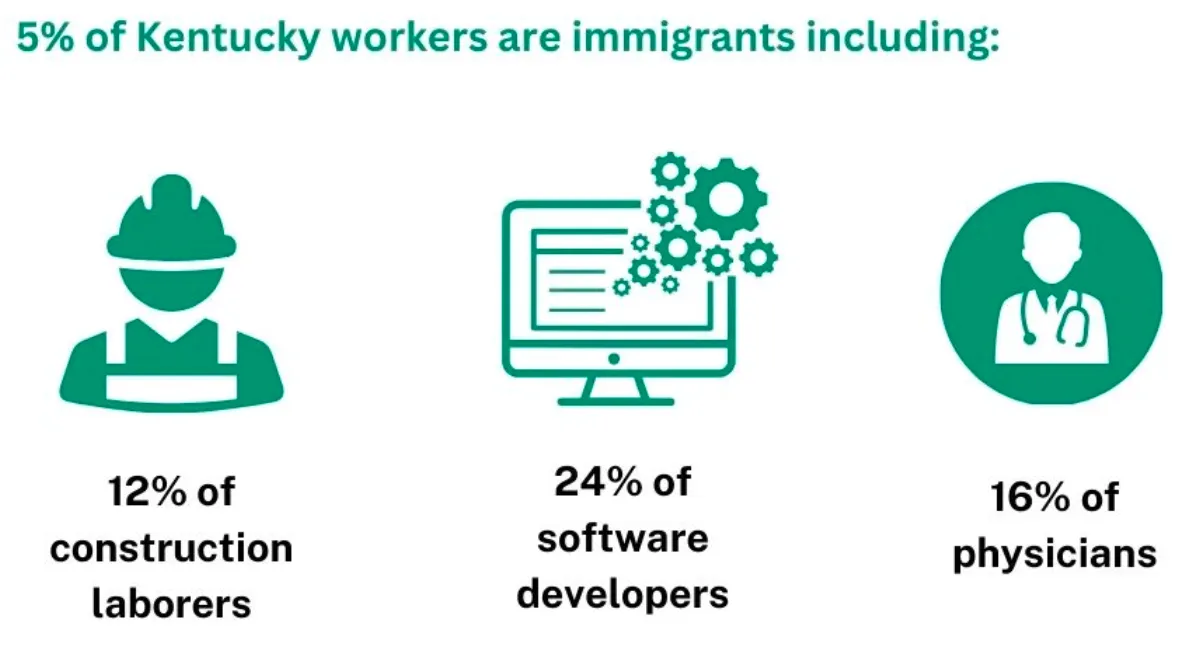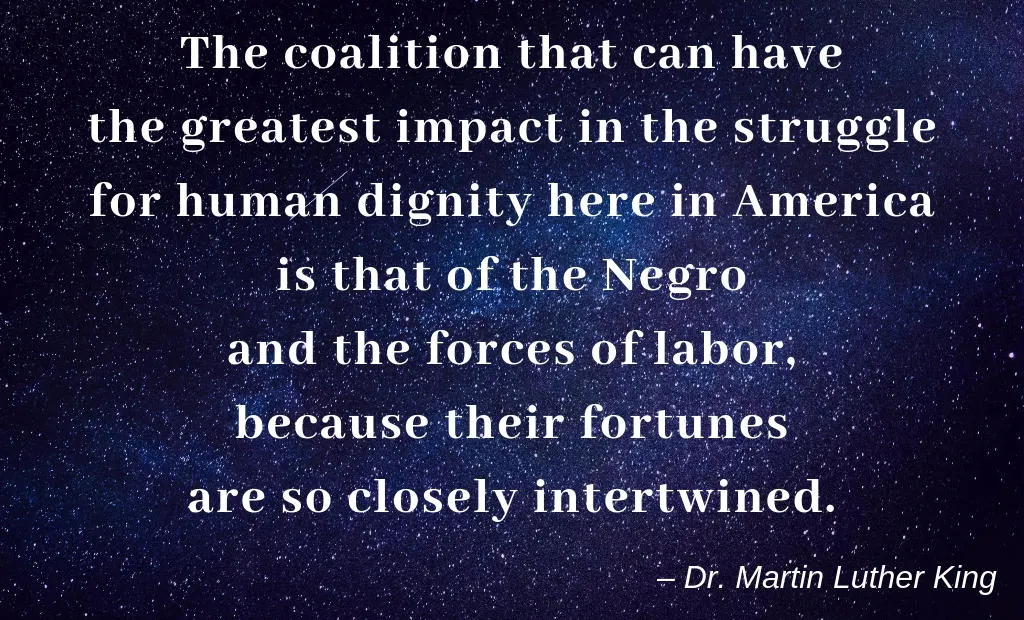Table of Contents
The day before he killed five people and injured several others, the Old National Bank shooter wrote, “OH MY GOD THIS IS SO EASY. Seriously, I knew it would be doable but this is ridiculous. Walked in and bought a gun, 4 mags, and 120 rounds for $700. Got some glasses and earplugs…”
On April 10, 2023, the shooter fired more than 40 rounds in eight minutes. He used an RF-15 that he’d bought just a few days before. He was able to shoot a young police officer in the head from a distance. And he had written a list of grievances that included lack of mental health care, how easy his plan was thanks to the NRA, and that politicians aren’t interested in helping people. All of this according to the Louisville Police Department’s 65-page report.
In Thomas Abt’s 2019 book titled “Bleeding Out,” he writes on page 210, “Americans have become accustomed to shootings and killings. They happen daily, even hourly. We might muster some outrage when children are executed in their own classrooms or when parishioners are assassinated as they pray in church, but beyond that, little seems sacred. … This nation is in need of a moral reckoning.”
In August I attended a conference on gun violence prevention where I listened to mothers whose children had died or been severely injured because of our American addiction to, and blasé attitude toward, guns and gun safety.
There was the mother who thought she’d done all the right things, she said. She and her husband were professionals. They lived in the suburbs. They sent their daughter, who was accomplished academically, to an elite college. But when her daughter was home for a holiday break, she was gunned down while standing on a sidewalk, talking to friends.
There was the mother who described, because they had had recent gun deaths (plural) in their family, her middle-schooler’s panic attacks during and after active shooter drills that also left her child feeling ashamed for having the attacks in front of classmates.
There was the mother whose toddler found a loaded gun at her in-laws’ house — the loaded gun was sitting out in the open, on or near some children’s books — and accidentally shot himself in the eye while curiously looking into the barrel.
An estimated 2,000 people, mostly women, attended this conference. We traveled there from all over the country to discuss ways to save our kids and communities from the plague of gun violence, the irony being that the exact location of our conference was unknown to us — we were given only the city name and dates to arrive and depart — until a few weeks before. Why? Concern for attendee safety from gun rights extremists.
This is a common and reasonable fear. On Nov. 3 I received an email from a group that had, shortly after the Old National Bank shooting, asked me to come speak to them about potential solutions. They were writing to cancel, they said, because they feared having a meeting about gun violence would expose them to gun violence.
We say we live in the land of the free, the home of the brave. But here in Kentucky our GOP supermajority continues to rally support behind open and concealed-carry of firearms, which also endangers law enforcement, with no limitations for the mentally ill.
What is free about living this way?
What is brave about doing nothing?
But there is hope. On Dec. 15, state Sen. Whitney Westerfield (R-Fruit Hill) is expected to present, in the Interim Judiciary Committee which he chairs, a bill titled Crisis Aversion and Rights Retention (CARR), a tool for temporarily removing firearms from someone suffering from a mental health crisis.
Not surprisingly, Westerfield’s proposal is already receiving opposition from Rep. Savannah Maddox who tweeted, in part, “You can call it a Red Flag, you can call it an ERPO, or give it any other clever acronym to make it sound less like a violation of your constitutional right to keep and bear arms – but it’s gun control and I will NOT stand for it.”
This is the same Maddox who proposed a campus concealed-carry bill (that thankfully failed) during the 2023 General Assembly. In committee, Travis Powell, vice president and general counsel at the Kentucky Council on Postsecondary Education, spoke first, saying “current legislation allows campuses to restrict the carrying of deadly weapons, and given that option all campuses have chosen to do so and want to maintain that flexibility. All campus chiefs of police are united in their opposition to this bill … because it decreases their ability to keep their campuses safe.”
It is time for a moral reckoning in Kentucky. The General Assembly will soon be back in session. Lawmakers have the opportunity to learn from the LMPD report on the Old National Bank mass shooting and enact legislation to prevent easy access to firearms for those who are a danger to themselves or others.
The only question is, will they have the moral courage to save lives?
Or will they cave to the NRA and gun rights extremists, and leave us to read the next shooter’s manifesto that screams, yet again, “OH MY GOD THIS IS SO EASY”?









